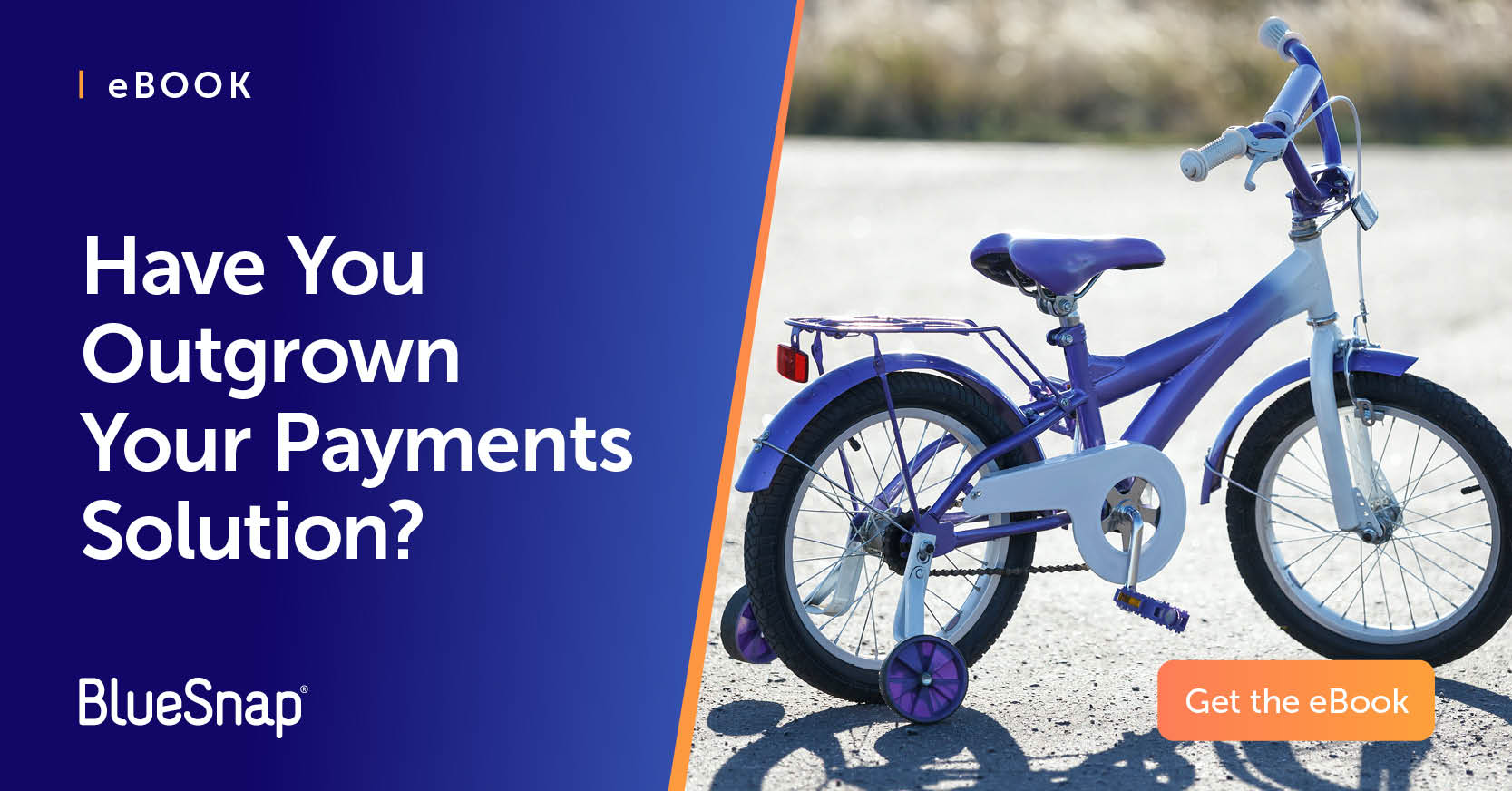Over the past 18 months, merchants have had to contend with the direct consequences of the Covid-19 pandemic, such as lockdowns, staff shortages, and shipping delays. At the same time, indirect challenges, like eCommerce fraud and chargebacks, have emerged.
Both pre- and post-transaction fraud are on the rise, according to our recently published 2021 Chargeback Field Report. While part of this is tied to the pandemic, Covid-19 only served to aggravate trends in chargeback issuances that were well established before the virus struck.
Criminal Fraud & Friendly Fraud Both Impacting Merchants
According to the survey, merchants noted a 21% average increase in chargebacks tied to criminal activity over the last three years. For friendly fraud chargebacks — disputes filed by a cardholder without a valid reason — there was a 23% increase.
The distinction between criminal fraud and friendly fraud as chargeback sources can be difficult for merchants to understand. When asked “What, if any, percent of your chargebacks would you estimate are illegitimate or caused by friendly fraud (chargeback fraud)?” merchants in the ticketing and events space had the highest estimate, with 39%. In contrast, merchants offering services (e.g. consulting, design, etc.) had the lowest guess, with 31%.
According to our internal data, friendly fraud represented roughly 50% of chargebacks filed by cardholders in 2018. It is projected to be responsible for more than 60% of chargebacks by 2023.
Misjudging chargeback sources creates both short- and long-term problems for merchants. First, chargebacks that could be overturned through the representment process go unaddressed. At the same time, merchants end up misallocating resources, wasting money trying to solve problems that aren’t there.
This can also result in more order rejections due to false positives. Given that false declines resulted in an estimated $331 billion in losses in 2018 alone, this is not a problem merchants can afford to ignore.
A Closer Look at Friendly Fraud
Merchants may not fully understand the ramifications of friendly fraud. However, they do know what friendly fraud is.
Only 6% of respondents to the study said that friendly fraud was “not a concern” for their business. No more than 4.3% in any given vertical said they were unaware of how much of a problem friendly fraud is at their company. So, if merchants know it’s a problem, why aren’t they doing more to combat the issue?
When asked how much of a concern friendly fraud is for their business, 31% of merchants in ticketing and events described friendly fraud as “a major problem” that they are currently addressing. On the other hand, nearly the same number (29%) in the same vertical said that friendly fraud is “a major problem, but we are not currently addressing it.”
In every vertical, the number of merchants that said chargeback issuances had increased in the last three years at least doubled the number of merchants who said they decreased. The widest gap was in physical goods retail, where the number of merchants reporting an increase in chargebacks was eight times higher than the number of merchants reporting a decrease.
What the report doesn’t show is just how much of this increase can be attributed to friendly fraud, as our internal data suggests it is. Even accounting for the impact of the pandemic, friendly fraud is clearly continuing its growth pattern.
Identifying Opportunities
There is no “one-size-fits-all” solution for managing post-transaction fraud. Merchants can effectively prevent chargebacks that result from criminal activity or merchant error. But, if a cardholder is intent on abusing the chargeback process, there’s little merchants can do to prevent that from happening.
Merchants do have some recourse when cardholders engage in friendly fraud, though. The representment process lets merchants “re-present” a transaction to the issuer, along with compelling evidence, to overturn the chargeback and recover their revenue.
Merchants said they won 32% of representments. However, this does not account for representments that progress to arbitration or unidentified friendly fraud chargebacks that could have been overturned, which means the actual number is much higher. Adding these additional elements to the equation, we see that the average respondent’s net recovery rate (the rate of successful representment as a share of total chargebacks) was only 12%.
On average, merchants ultimately win just one in eight chargebacks filed against them. But again, if we accept that between 50% and 60% of chargebacks are probable friendly fraud, this suggests a lot of opportunities are being missed.
Merchants in every vertical need to start leveraging these untapped opportunities to free up revenue. Greater investment in transaction data analysis and the chargeback representment process could be pricey, especially if handled by in-house teams with limited access to data. However, it’s an investment that could pay dividends, both in the short-term and over the coming years.
Jarrod Wright is a creative marketing nerd who leads the digital marketing and content teams for Chargebacks911. Chargebacks911 is the leading chargeback management company that helps merchants identify, reduce, and refute illegitimate payment card disputes. You can connect with him on LinkedIn or Twitter.
Related Resources:


